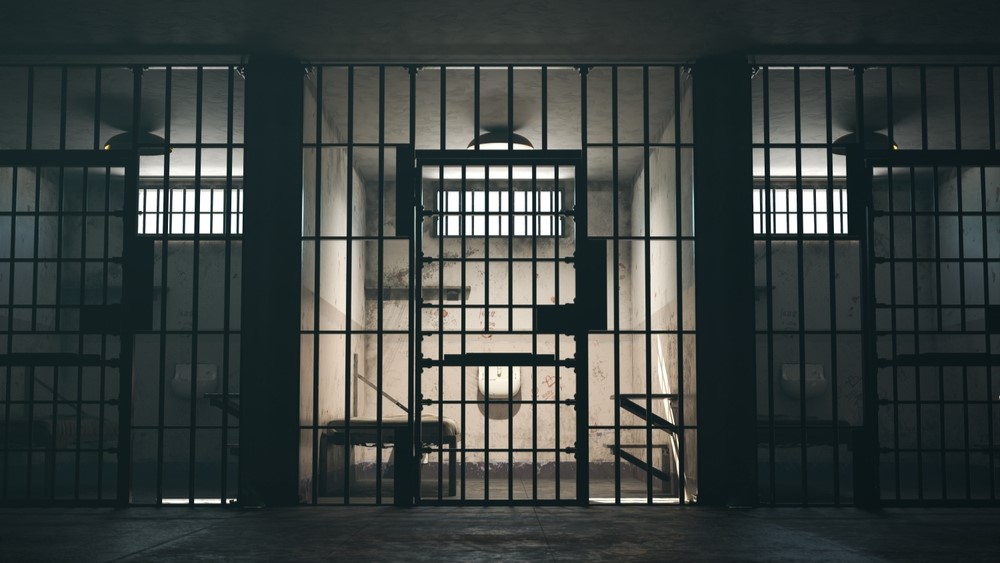Russian authorities soon brought charges against the couple, not for noise or disorder, but for allegedly “discrediting” the Russian military.
Others are reading now
Anton and Svetlana Petrenko were celebrating Svetlana’s birthday at home in Russia’s Krasnodar Region. But when they sang a Ukrainian song during the party, the night ended up having legal consequences.
Caught on camera, shared online

The incident took place on August 8. During the party, someone filmed the Petrenkos singing songs in Ukrainian, including “Mi narod neskoreny” (We, the unconquered people) by SISTER MIX. The video didn’t go viral, but it was shared in a messaging app status, enough to draw the attention of Russian officials.
Charged with “discrediting” the military
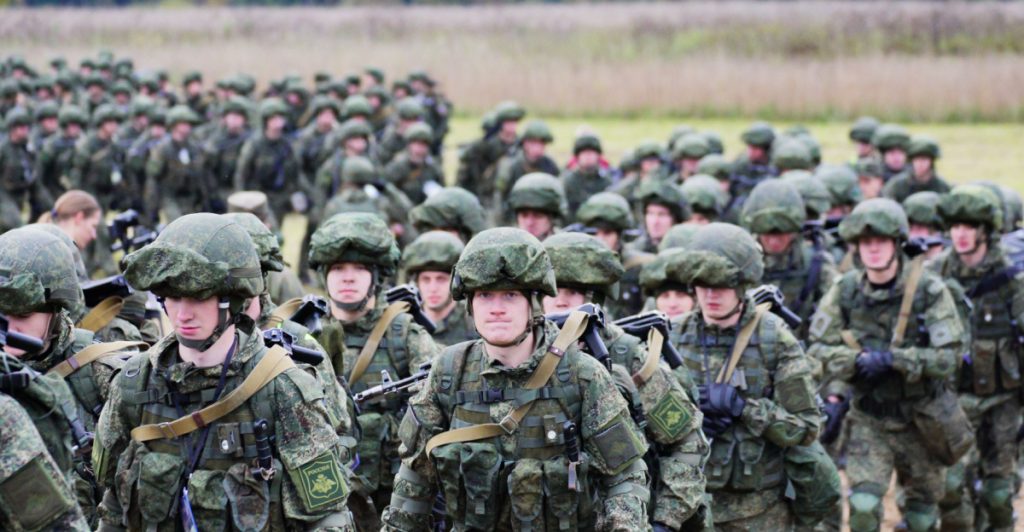
The couple was accused under Part 1 of Article 20.3.3 of Russia’s Administrative Code, which targets actions seen as “discrediting” the military. A court in the Slavyansky District found them guilty and issued a fine of 30,000 rubles each, roughly 3,000 Moldovan lei in total.
Public apologies under pressure
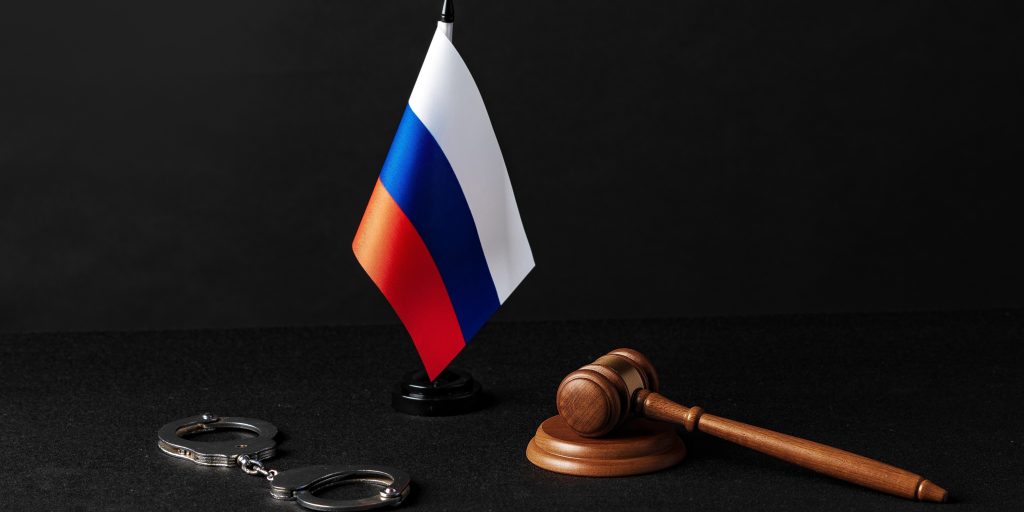
Soon after the video surfaced, Anton Petrenko recorded an apology. The video shows him holding an Orthodox icon, declaring his loyalty to Russia and denouncing “those who oppose Russia.” His words, including disturbing threats, appear to have been made under pressure.
Second apology — and a forced anthem

Just two days later, on August 10, Anton was detained again. This time, police filmed him apologizing a second time and singing the Russian national anthem. A voice off-camera is heard instructing him: “You must glorify Russia, not another country.”
Also read
Investigators behind the scenes
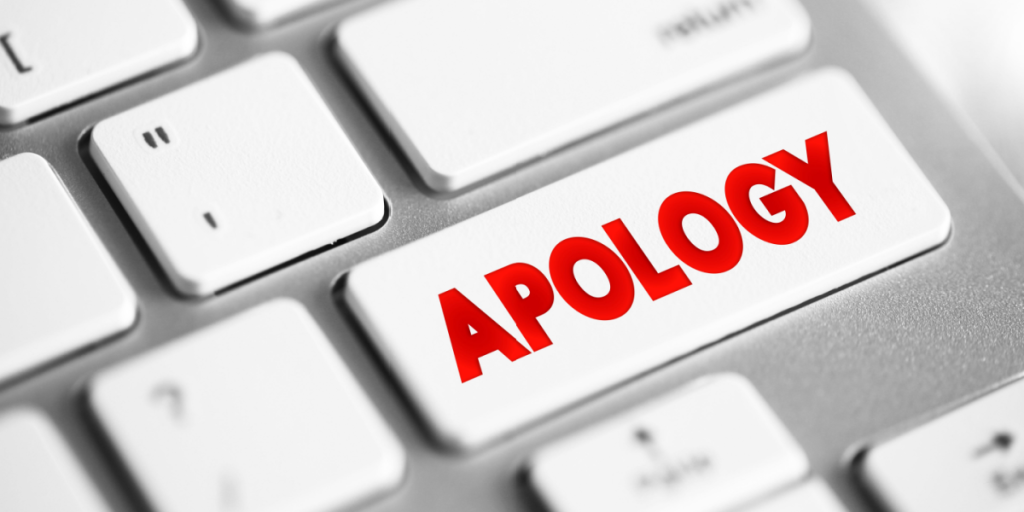
According to reports from Novaya Gazeta, Russian investigators played a central role in forcing the public apologies. The couple reportedly had to repeat their remorse multiple times. There are no details on whether lawyers were present or whether they had the chance to contest the accusations.
Court confirms the fine
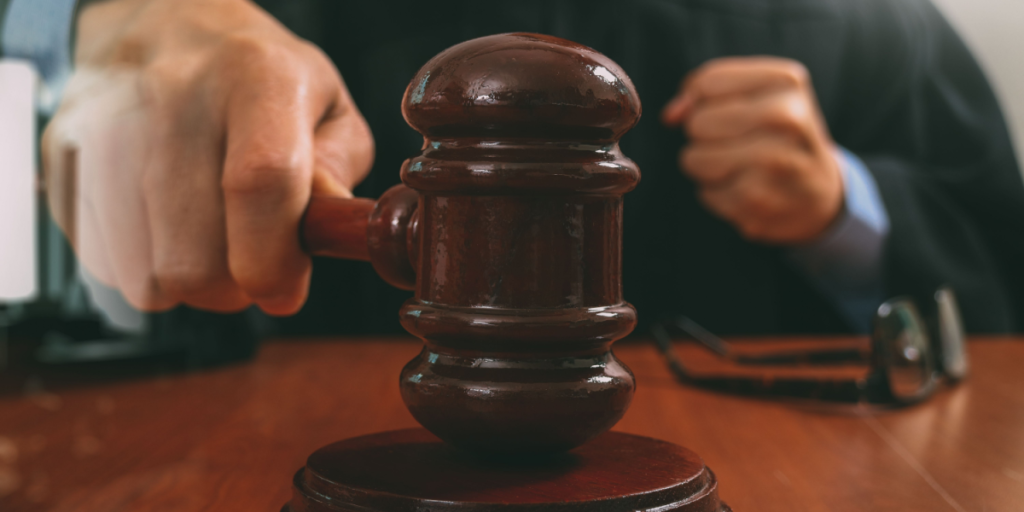
The press service of the Kuban courts confirmed the verdict: the Petrenkos were fined for their actions during a private gathering in their own home. While no violence or protest occurred, the use of Ukrainian language and music was deemed politically unacceptable.
Singing as a political act
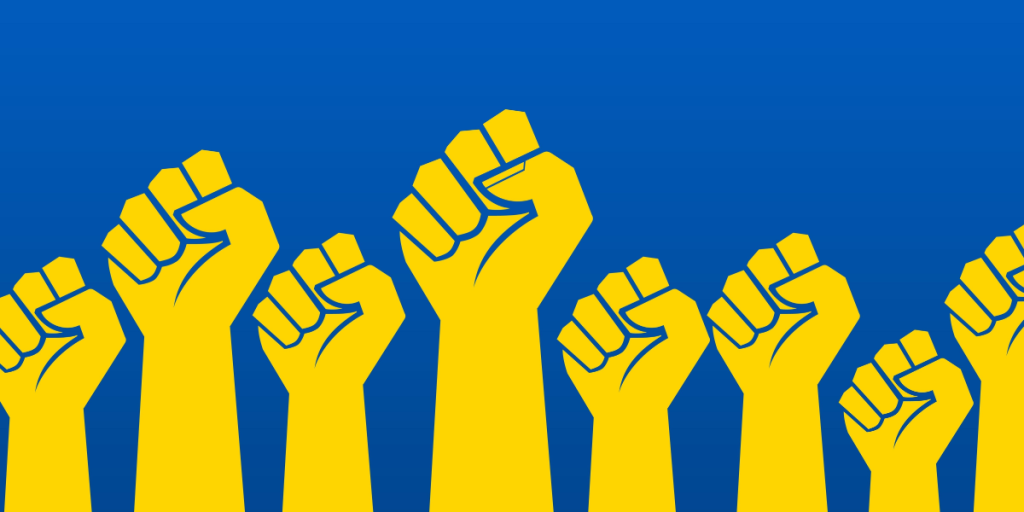
The case highlights the extent to which cultural expression, even something as simple as a song, can be treated as a political statement in today’s Russia. Singing in Ukrainian, especially during wartime, is now seen by some as a potential act of defiance.
A chilling message to others

Russian authorities appear to be using the case as a warning. The forced apologies, public shaming, and demand to sing the anthem signal a message: even private displays of Ukrainian culture can lead to punishment, surveillance, and legal trouble.
Broader crackdown on dissent

This is not an isolated case. Since the invasion of Ukraine, Russia has tightened its laws on free expression. From social media posts to song lyrics, anything seen as anti-Russian can now fall under laws targeting “fake news” or “discrediting” the military.
Also read
Ethnic and cultural tensions flare
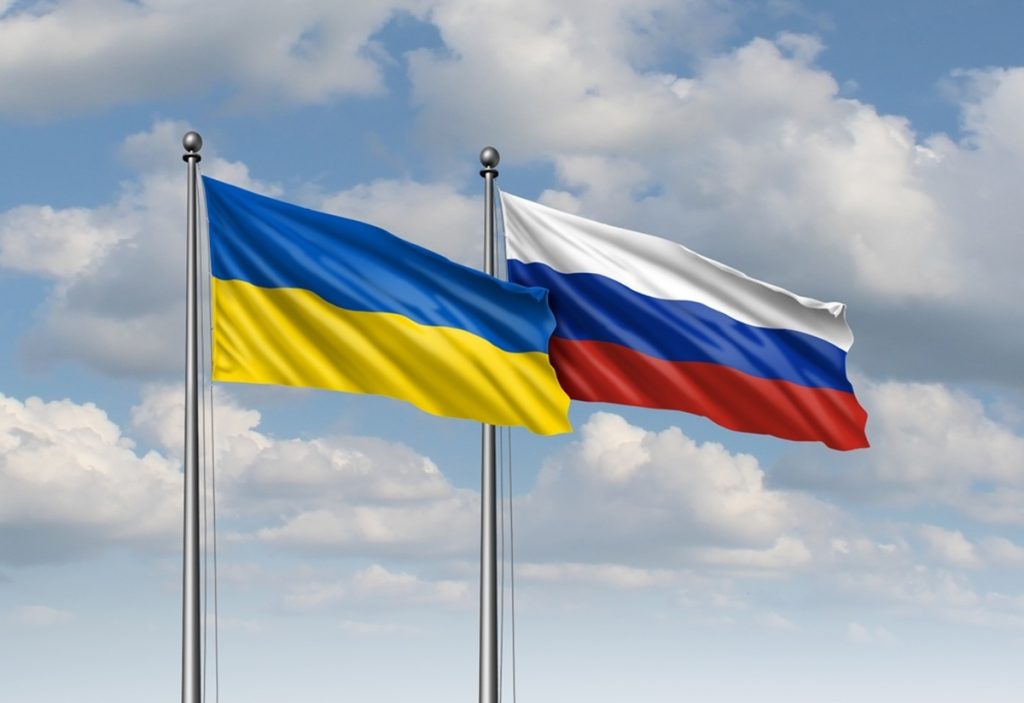
The Petrenko case also exposes the ongoing tensions between Russian identity and Ukrainian culture. For ethnic Ukrainians or mixed families living in Russia, the space to express dual heritage is shrinking, especially when one side is considered hostile.
Symbolism and fear
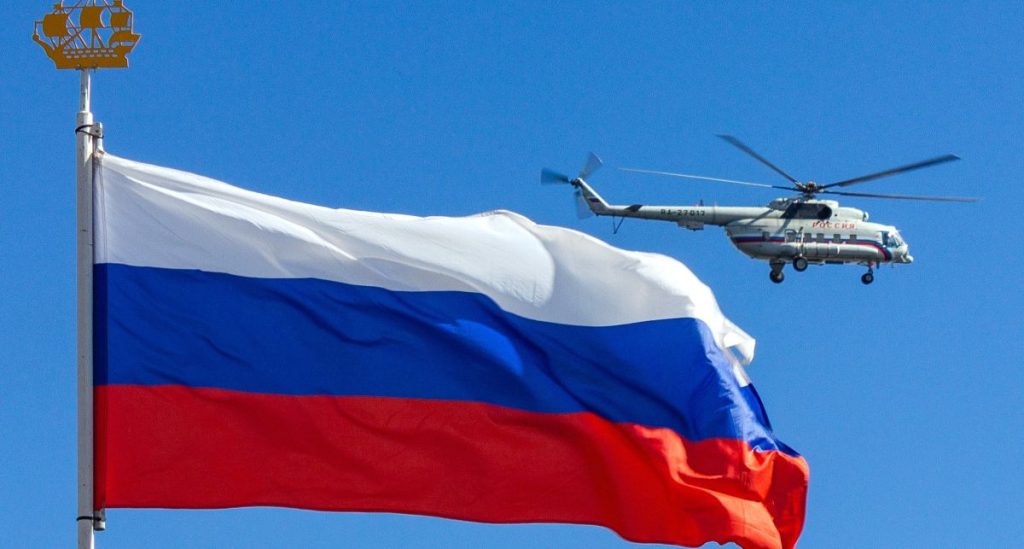
From the use of an icon in the apology video to the strict language of loyalty, the case reveals how national identity is being enforced through symbols and fear. Citizens are not just expected to remain silent, but to actively show allegiance.
Private choices under public scrutiny

Above all, the Petrenko case reflects the erosion of privacy. A birthday celebration at home, shared briefly on social media, turned into a public affair with legal and political consequences, all for singing in the “wrong” language.

